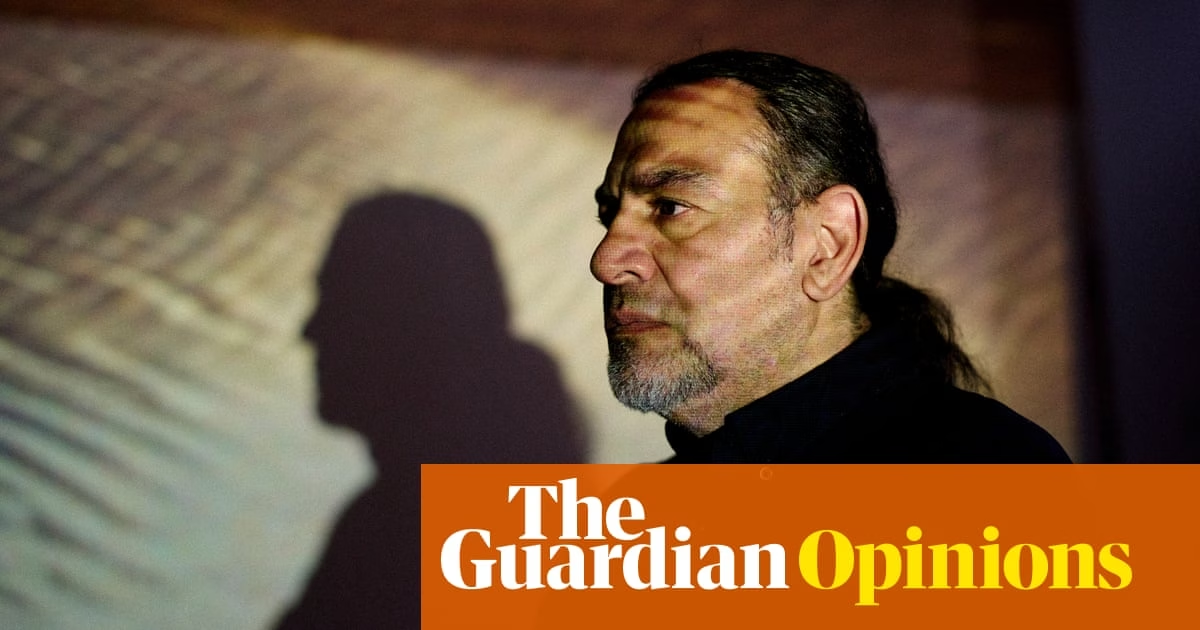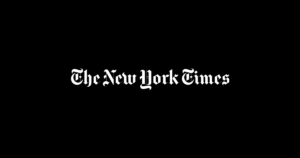Arts organizations worldwide have faced pressure from artists to take a stance on issues ranging from climate change to Israel’s war on Gaza. When artists engage with contemporary issues, how should boards and managers of arts organizations respond?
The resignation of Kathy Shand, chair of the Sydney writers’ festival, follows after being pressured by artists. Boards and managers are responsible for hiring artistic directors and setting strategy, but often lack expertise in specific art forms. They must uphold the director’s vision while balancing the expectations of different stakeholders.
Creative Australia faced controversy after Senator Claire Chandler questioned the appointment of Khaled Sabsabi to represent Australia at the 2026 Venice Biennale. Critics saw one of Sabsabi’s older works as highlighting a terrorist leader. Creative Australia commissioned a review, but the controversy suggests that the greatest threat to the arts comes from within.
Arts organizations must balance promoting free artistic expression and avoiding “divisiveness” that may alienate supporters. Donations often come with expectations and influence over artistic decisions. The corporatization of arts boards often leads to amateurish governance, increasing the influence of donors and sponsors over artistic decisions.
Artists often feel a moral obligation to address social and political issues through their work. However, donors and sponsors sometimes react negatively to such engagement. Leadership in the arts sector requires understanding both the financial and political realities and the importance of taking risks in supporting controversial work.
Source: https://www.theguardian.com/australia-news/2025/feb/25/whats-the-big-idea-extract-louise-adler-creative-australia








